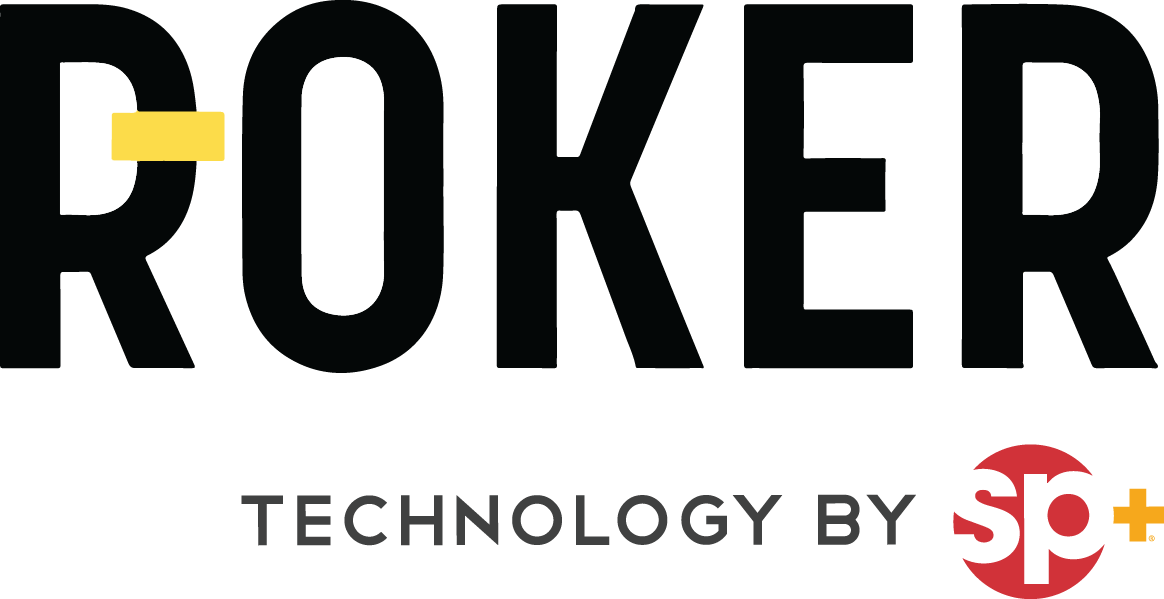
From tenants wanting a dedicated parking spot to visitors requiring an overnight permit, shared residential parking resources can be tricky to manage if there isn’t an efficient system in place. With more cars on the road and residential homes and buildings being developed, shared parking resources, both on-street and off-street are required.
The good news is that parking technology is providing tools to help manage the challenges that come with managing parking demand and compliance. Here are some of the ways parking operators can benefit from a cloud-based platform to optimize parking resources for their clients:
Increase parking equity with tenant and visitor permits
In residential parking facilities, there will always be allocated spots for tenants and visitors. To ensure that these resources are being used fairly, parking operators must have a clear understanding of who is parked in these spots and how long they are there for. A common challenge is the tendency for tenants choosing to park their second vehicles in visitor parking spots and vice-a-versa – this is where digital permits can make things easier.
A digital permit management feature enables property owners and parking operators to allocate spots to tenants and visitors more strategically by offering time-limited permits. For example, if a tenant spends three months of the year at their cottage, parking operators can adjust their permit terms to reflect a nine-month long parking reservation instead of a full year. This allows them to optimize their parking resources by filling up the remaining three-month vacancy with someone else who wishes to use the spot. With the ability to issue and manage permits digitally, parking operators can ensure parking equity among tenants and visitors, while also eliminating the hassle of administering and auditing traditional printed hang tags and access cards.
Ensure compliance and enforce efficiently with the right features
A cloud-based parking platform simplifies and automates multiple parking touchpoints, all of which promote efficiency for enforcement officers, convenience for parkers and revenue growth. If parking operators want to focus on optimizing their parking facility revenue, it’s essential that they implement features such as permit management, contactless mobile payment options, and contactless free visitor parking. These are among the many features that help to improve compliance; the easier it is for a parker to comply with parking regulations the higher the odds of compliance. If the operator deploys LPR options (handheld, mobile, or fixed) that are integrated with their enforcement software and hardware, then the system can function without friction, for parkers and operators alike.
For example, when a tenant has a visitor planning to stay with them overnight, they can easily register online for free parking, purchase a digital permit and/or reserve their spot ahead of time. When the visitor arrives, parking operators can grant access or know who entered by using a fixed LPR camera that simply scans their license plate to either verify their digital permit or flag unauthorized parkers. Once they’ve entered, the visitor will be able to park their vehicle in their designated spot with ease. From the parking operator’s perspective, all relevant information about the visitor or unauthorized user is stored in the system, payment is collected and they have clear oversight of who is accessing their facility at all times.
Access valuable data to increase revenue growth
In many parking facilities, revenue growth is top of mind. Beyond improving efficiencies and payment collection, a cloud-based parking platform also increases revenue opportunities for parking operators.
Being able to tap into key insights such as parking usage and vehicle inventory is one of the most effective ways to optimize your parking facility and improve profitability. For parking operators, this data can be used to inform your parking strategy based on the unique needs of the tenants and visitors. Parking operators can then determine how many residents currently own a permit, the frequency of every vehicle coming into their respective lots, and the amount of time they spend on the property. From there, parking operators can clearly identify the supply and demand of their parking resources and price permits accordingly, which is a great way to increase revenue and maximize the potential of their facility.
Enforce on-street parking to increase revenue and parking availability
Optimizing residential parking resources requires parking operators to take advantage of all the space available to them – including on-street and curbside spaces. This is a valuable opportunity for parking operators to increase revenue, while increasing the amount of spaces available for both tenants and visitors to use.
All that said, using a cloud-based parking platform is the most effective way to provide a structured, optimized and fair parking experience for tenants and visitors. At Roker, our platform is designed to support parking operators in addressing daily parking challenges within shared residential parking facilities, while also giving them the ability to improve access control, make more informed decisions, and generate revenue. To learn more about how Roker can help, contact us here.
